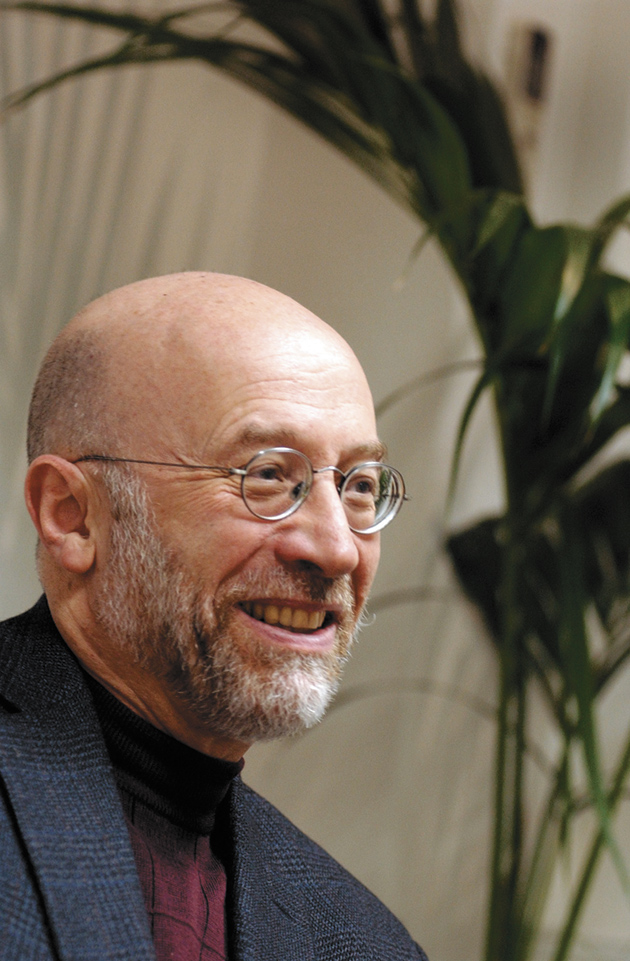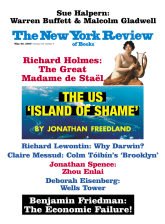
On April 22 in London, the judges of the Orwell Prizes, given annually for the book and for the journalism that have best achieved George Orwell’s aim to “make political writing into an art,” awarded a Special Prize to Tony Judt, whose Reappraisals (reviewed in these pages by Jonathan Freedland, October 9, 2008) was shortlisted for the book prize. The following remarks were made at the ceremony by one of the judges, Geoffrey Wheatcroft.
—The Editors
Although sometimes overshadowed by fiction and poetry, history and the essay are just as much branches of literature, and indeed of “creative writing,” and they have produced much of the best writing of our age. If one name stands out in a rich field of brilliant historians, it is Tony Judt.
Born in London, he was educated at Cambridge, studied in Paris, and taught at Oxford before migrating westward: he is professor at New York University and director of the Erich Maria Remarque Institute there. From his first scholarly work on socialism in nineteenth-century Provence he came nearer to date with his learned but also coruscating Past Imperfect: French Intellectuals, 1944–1956, describing the “self-imposed moral amnesia” of those intellectuals. A succession of superb books led to the crowning achievement of his magnum opus, Postwar.
But like other great historians before him, he has also engaged in public debate, becoming a politicologue (a word for which we need an equivalent) and controversialist, whose essays, largely in The New York Review of Books, have been distinguished by their intelligence, insight, and—especially on the subject of Israel and its relations with the United States—conspicuous courage. His collection of these essays, Reappraisals, was a strong contender for this year’s book prize, but the judges felt that Judt’s work as a whole deserved special recognition. If there is, in the best sense, an “Orwellian” writer in our times, it’s Tony Judt, and it is an honor to bestow this honor upon him.
This Issue
May 28, 2009



